Papua New Guinea is a beautiful, unique island country found in Oceania. Many tourists choose this place as a travel destination simply because it offers a truly paradoxical experience. The tourist infrastructure is rather limited when you go outside the main tourist area – but even if moving around can be rather difficult, it is still a very relaxing place to go to.
The locals of Papua New Guinea are also known for their warm attitude, all of them going out of their way to ensure that you feel welcome and stay comfortable. Plus, considering that the country is not completely explored, Papua New Guinea is a place where you can get your sense of adventure out.
Having said that, how safe is Papua New Guinea for tourists? Is every part of the country a rustic haven for tourists – or is there more danger there than meets the eye? This article will get you started on the basics.
Highest Risks You Expose Yourself to When Visiting Papua New Guinea
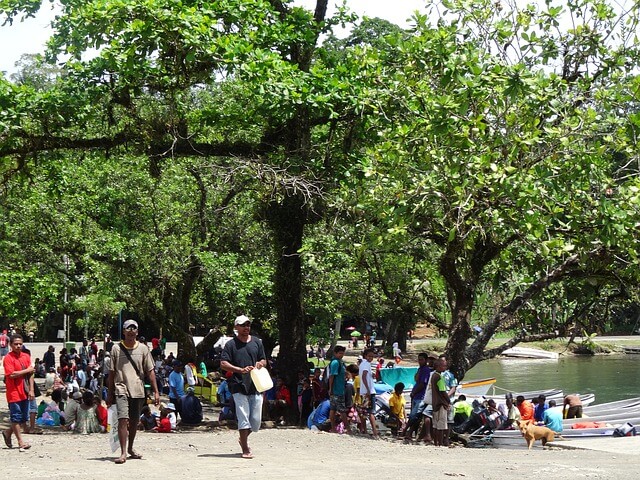
Overall Risks in Papua New Guinea: HIGH
Considering that the town locals are fairly bright, this does not mean that the entire country is bright and cheery. With the safety ranking going below 50%, this country can be fairly dangerous to visit.
The crime rates are fairly high – and this involves both petty and violent crime. Most of these events occur in the big cities, but you also can’t have your safety guaranteed in more remote locations.
For this reason, you should always remain vigilant when you are visiting Papua, New Guinea. Stay away from crowds (to avoid pickpockets), but don’t go into areas that are too remote either (to avoid mugging). Taking the basic steps of safety will ensure that most unfortunate events are minimized.
Pickpocketing and Theft Risks in Papua New Guinea: MEDIUM to HIGH
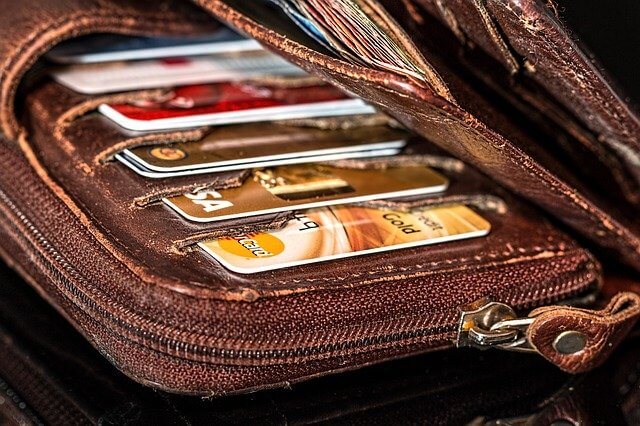
Pickpocketing and petty theft are fairly common in Papua New Guinea. If you are visiting the major cities, expect a fair amount of carjacking, pickpocketing, and bag snatching. Since these areas carry a lot of “distraction points,” it is very easy for a pickpocket or a thief to conduct business there.
The bigger problem, however, is that mugging is more common in Papua New Guinea than petty theft. Every Papua New Guinea safety guide tells you to be very careful. Armed robberies, gangs that block the roadway, and organized crime units may still pose a danger if you are stumbling into the wrong area.
- How to avoid pickpocketing and theft in Papua New Guinea?
In order to remain safe in this country, you may want to follow some basic Papua New Guinea safety travel tips. For one, whenever you go out, avoid taking all your money with you – and if that cannot be avoided, at least do not keep them all in the same place.
Ideally, you might want to leave valuables that you do not specifically need at your accommodations. You can take some form of ID with you – but items such as your passport should be left at home.
Avoid places such as public motor vehicles or touristic areas, since they can be very crowded – and are the perfect operating area for pickpockets as well. Steer clear from remote alleys and unfrequented places as well, since it might put you at risk of encountering criminal groups. This may result in you being mugged.
Scam Risk in Papua New Guinea: HIGH
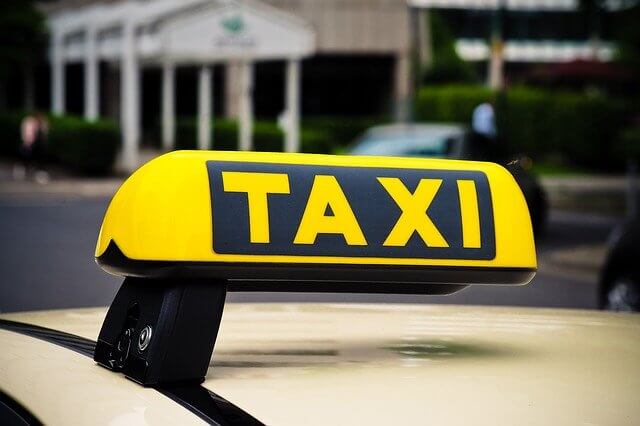
Scams in Papua New Guinea are fairly common, particularly since it is a poverty-ridden country. People would be trying to scam tourists into giving them money, or even distract them so that someone else could do the stealing. Taxi scams are also a common occurrence, with drivers tending to overcharge for a trip.
- How to avoid getting scammed in Papua New Guinea?
To avoid getting scammed in Papua New Guinea, you might want to be particularly careful around people trying to distract you. Keep a vigilant eye open, and if vendors seem to be too insistent in selling you an “original product,” refuse politely and walk away. Always keep an eye on the taximeter, and do some research on the price per kilometer so that you are not overcharged.
Kidnapping Risk in Papua New Guinea: MEDIUM

Kidnappings in Papua New Guinea can occur during a mugging session, in an attempt to maybe get some random out of your family or friends. Kidnappings, however, are not always a follow-up of a mugging, which is why the kidnapping rate is lower than the mugging rate. Women are also at risk of being kidnapped, the general-purpose being that of a sexual assault.
- How to avoid getting kidnapped in Papua New Guinea?
A good way to prevent being kidnapped in Papua New Guinea is to avoid walking out on your own – particularly in areas that seem unfrequented. Even if you are driving a car on your own, do not assume that you are safe enough to take a remote road.
Roadblocks carried out by gangs are a frequent occurrence, and one of three of those roadblocks generally end up in kidnappings. Before you begin traveling, you might want to read a more detailed Papua New Guinea safety guide to protect yourself in the event of a kidnapping.
Terrorism Risk in Papua New Guinea: LOW
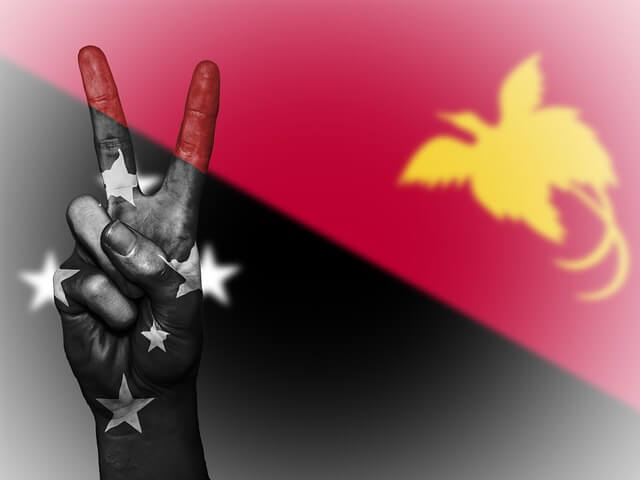
Of all the problems going on in Papua New Guinea, the terrorism risk is perhaps the only thing that makes people feel safe here. No attacks have been held here – at least not according to recent history – as the area seems to be too remote even for terrorists. Those asked “Papua New Guinea safe to visit when it comes to terrorists” will probably say that you should not have any concerns.
- How to avoid terrorism in Papua New Guinea?
While there haven’t been any recent attacks or concerns with terrorists In Papua New Guinea, this is a global problem – and remaining vigilant at all times cannot hurt. Since the authority infrastructure is still rather weak (proof being the crime rate), solving a problem might be rather slow.
However, if you come across a person that you believe might be a terrorist, you should slowly put some distance and contact the local authorities.
Risks for Women Traveling Alone in Papua New Guinea
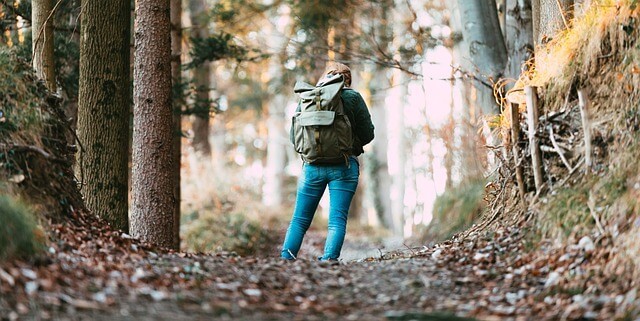
Women traveling with a group in Papua New Guinea are pretty safe – particularly if there are also men in their group. With that in mind, is Papua New Guinea safe for solo women travelers? The answer to that is: not really. You won’t be attacked by going on a public street – but if you go off the beaten track to remote locations, you might not be so lucky.
- How to avoid crime as a solo woman traveler in Papua New Guinea?
To avoid crime as a solo woman traveler in Papua New Guinea, you may want to address some standard safety measures. Most of these are common sense – and should apply to whatever country you are visiting.
Simply put, you should steer clear of remote areas and alleys, and try to stay off the streets during the night. If it cannot be helped, you might want to discuss with your hotel receptionist to arrange for an official taxi driver to pick you up.
Rape Risk in Papua New Guinea: MEDIUM
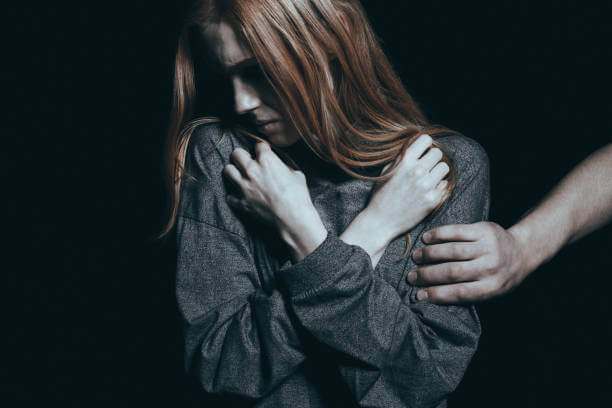
Just like women are in danger of being mugged in Papua New Guinea, there are also in a fair danger of being raped – particularly if you are a foreigner. Many attacks that occur on remote streets, both during the day and night, end up in sexual assault. You could also encounter gang rape.
- How to avoid getting raped in Papua New Guinea?
So, is Papua New Guinea safe for solo women travelers? Not really. To prevent getting raped in Papua New Guinea, you may want to avoid walking the streets alone for as much as you can. Avoid wearing clothes that are very revealing, as it may tempt the assailants even further. Avoid dark or unpopulated streets, as they are a perfect ground for assaults to happen – mainly because no one will see it happen.
Risks for People Traveling With Children in Papua New Guinea: MEDIUM
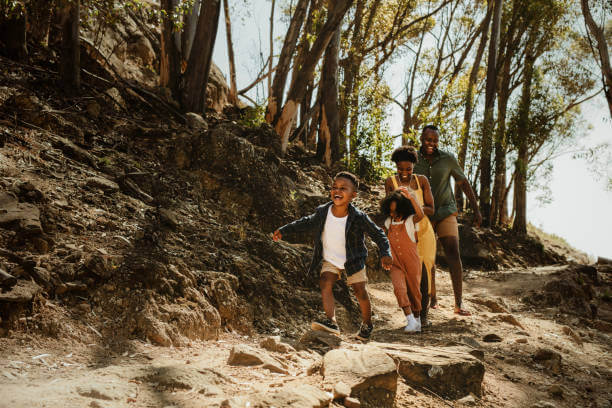
Children are in as much danger in Papua New Guinea as their parents are. When it comes to traveling among locals, children as not in danger; locals are generally friendly. However, walking in the wrong place at the wrong time may still put them in danger. If you are not careful, there is a high chance of them being kidnapped for ransom.
- How to avoid unwanted scenarios?
When going out with your children, make sure that they are not left unattended. Particularly on public grounds, you should always hold your child’s hand to ensure that they do not wander off. Lastly, you should remain vigilant about your surroundings; as long as nothing happens to you, nothing should happen to them either.
Natural Disaster Risks in Papua New Guinea: MEDIUM to HIGH
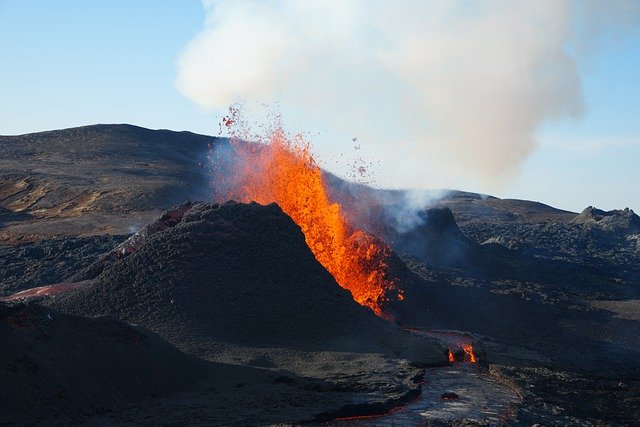
Papua New Guinea is situated along the “Pacific Ring of Fire,” as it is called, and is also found in the tropical region. Because of this, Papua New Guinea is susceptible to disasters such as floods, volcano eruptions, landslides, cyclones, and tsunamis.
Transportation Risks in Papua New Guinea: HIGH
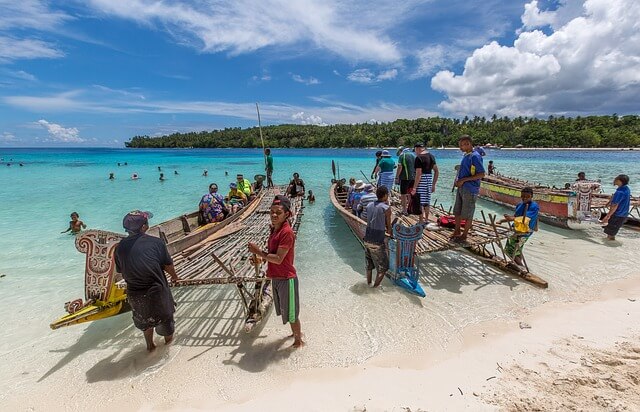
When it comes to transportation in Papua New Guinea, it is not reliable, nor is it very safe. If you do not wish to do your own driving, you might want to stick to hotel transport or company vehicles. Public transport should also be avoided, as it is often targeted by criminals.
Night-clubs, Pubs, and Bar Risks in Papua New Guinea: MEDIUM
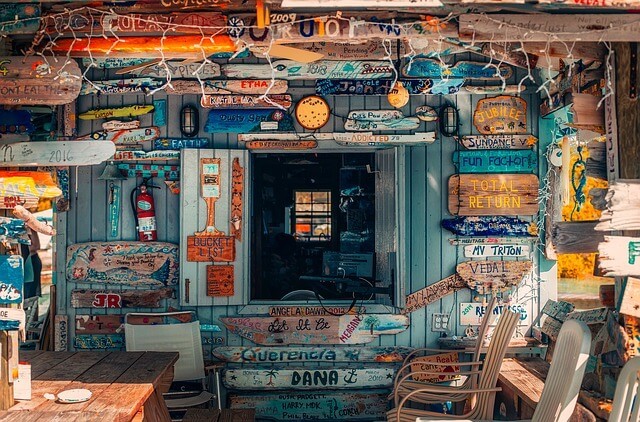
Nightclubs are rare and are generally only found in the big cities of Papua New Guinea. Considering the crime rate, there is a high chance that danger will go down – particularly since it involves groups of intoxicated people. Be particularly careful of Port Moresby, as it shows the most criminal activity in bars.
Health Risks in Papua New Guinea: MEDIUM
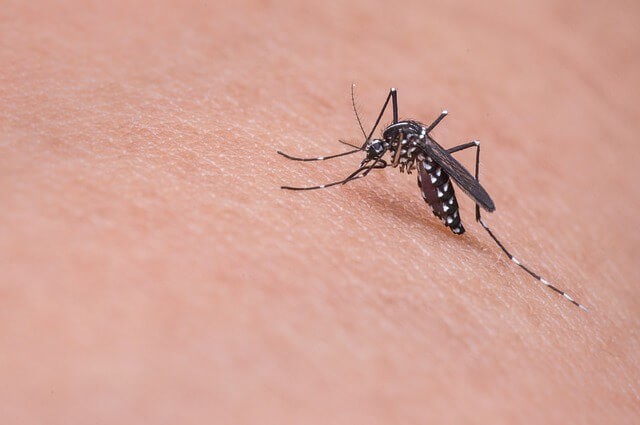
Malaria is likely one of the most common health risks in Papua New Guinea. Other mosquito-borne diseases may also occur, such as dengue fever or the Zika virus. Japanese encephalitis may also occur – but for short-term visitors, this is rarely an issue.
To remain safe, you should consider getting all your vaccines, and avoid insect bites by using repellents. You may also want to ensure that your accommodation is mosquito-proof.
List of Vaccines You Need in Papua New Guinea
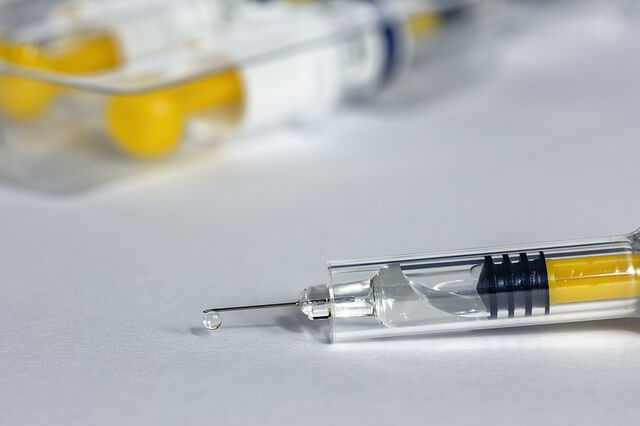
When traveling to Papua New Guinea, you might want to consider the following medically-recommended vaccines:
- Routine vaccines (MMR, chickenpox, influenza, etc)
- Hepatitis A
- Hepatitis B
- Polio
- Typhoid
- Japanese Encephalitis
- Malaria
- Rabies
The need for some vaccines might be determined by the length of your stay, as well as the place that you are visiting. Discuss which vaccines you need prior to your departure with your healthcare provider.
Most Dangerous Area in Papua New Guinea
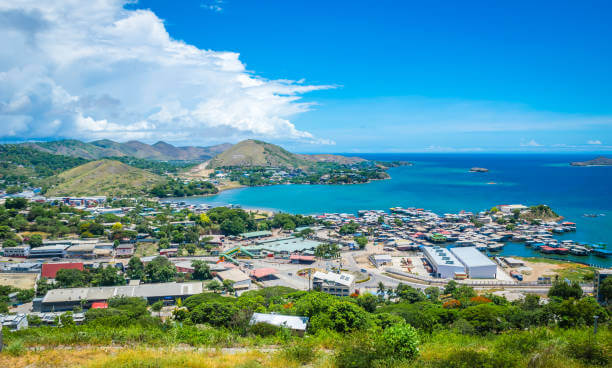
Crime can occur in a variety of places in Papua New Guinea, regardless of whether it is day or night, populated or deserted. However, the most dangerous places are recognized as the urban areas – particularly areas such as Port Moresby, Mt. Hagen, and Lae.
The settlements found around Lae and Port Moresby are believed to be particularly dangerous. Before adventuring in these areas, you might want to ensure you know a fair number of Papua New Guinea travel tips.
Concluding Remarks: Is Papua New Guinea Safe to Visit?
So, how safe is Papua New Guinea for tourists? Apparently, not so safe. The crime rate is relatively high, and gang activity is certainly a matter of concern for anyone. However, as long as you stick to the public areas, the villagers will be nice enough to accept you as someone of their own. As long as you stick to some common-sense rules, you should not be endangered too much.

